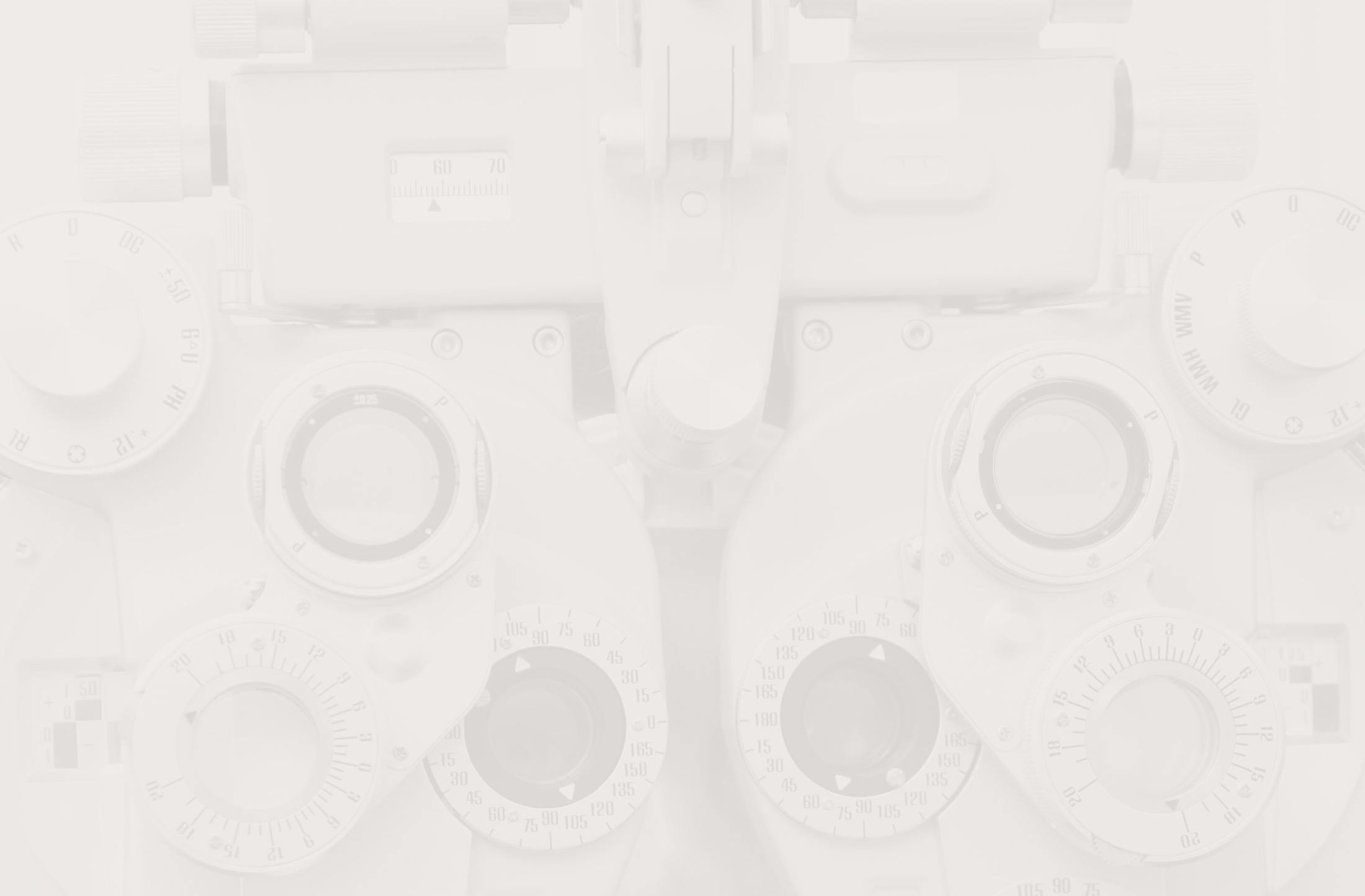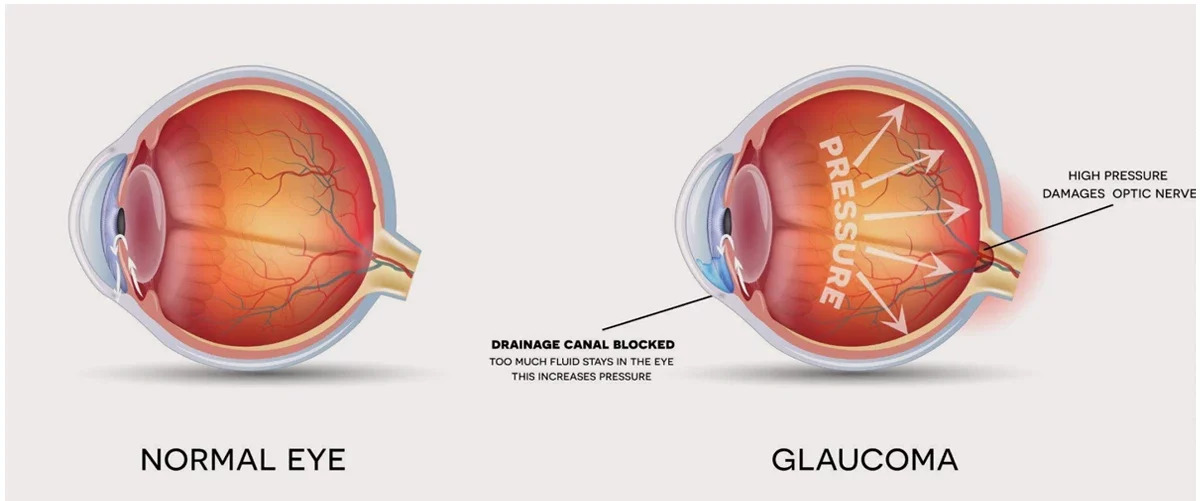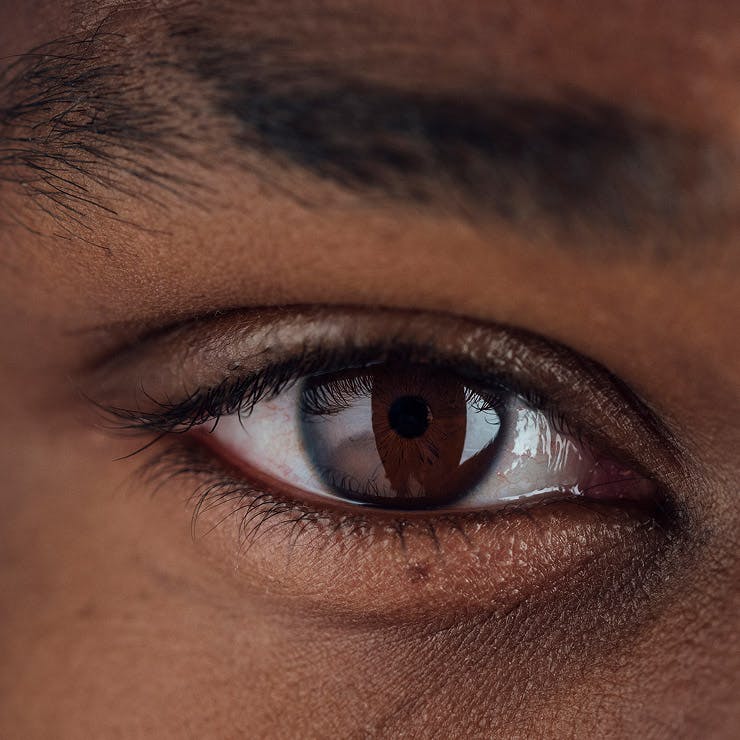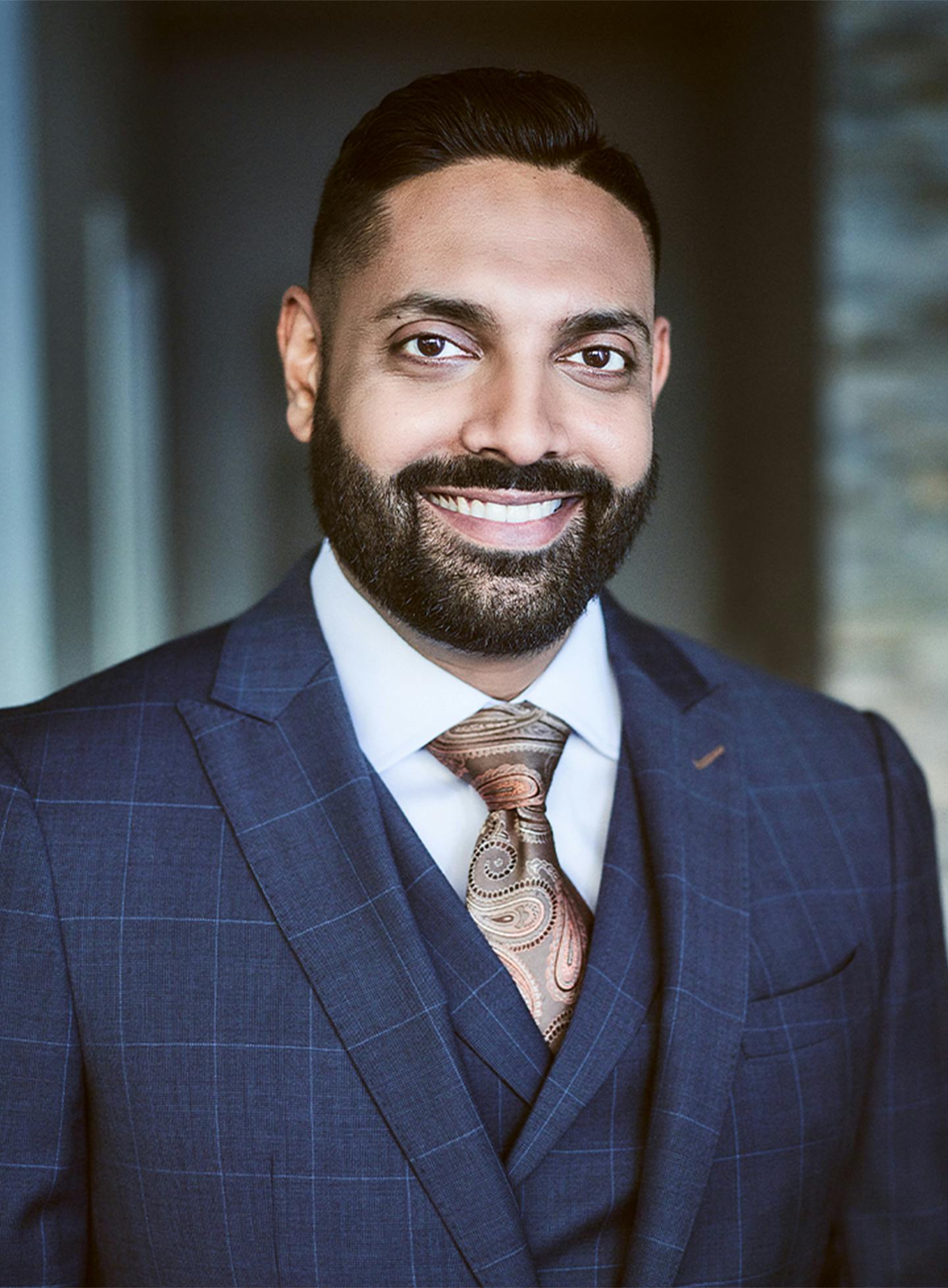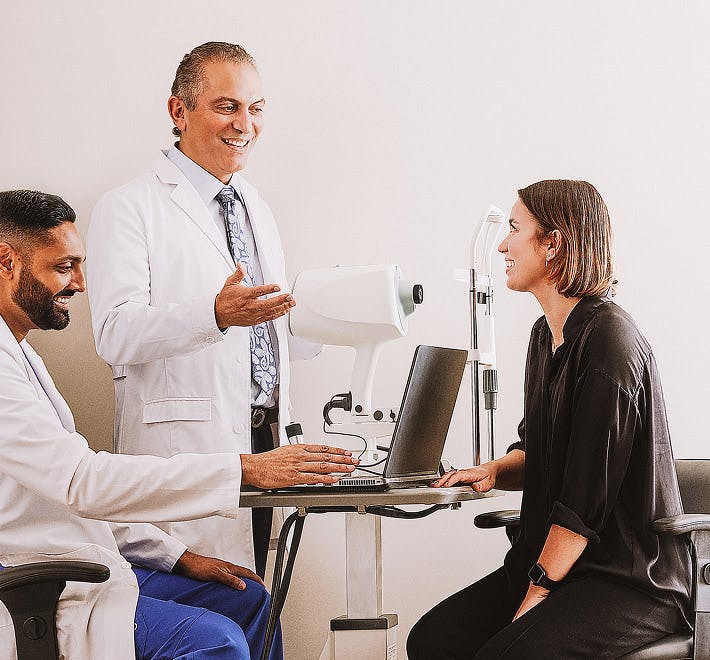Why Choose Cohen Eye Institute?
Specialized Surgical Expertise: Dr. Brian Krawitz is a board-certified, fellowship-trained ophthalmologist focused on cataract and glaucoma surgery, offering both minimally invasive and traditional techniques tailored to your specific needs.
Advanced Cataract Solutions: With expertise in laser-assisted cataract surgery and premium intraocular lens options, Dr. Krawitz provides customized vision correction designed for long-term clarity and comfort.
Glaucoma Leadership: From MIGS to complex incisional procedures, Dr. Krawitz delivers modern, research-driven glaucoma care that prioritizes safety, stability, and quality of life.
Patient-Centered Philosophy: Dr. Krawitz is known for thoughtful, individualized care. He takes time to understand your goals, explain your options, and guide you toward the best outcomes with clarity and compassion.



